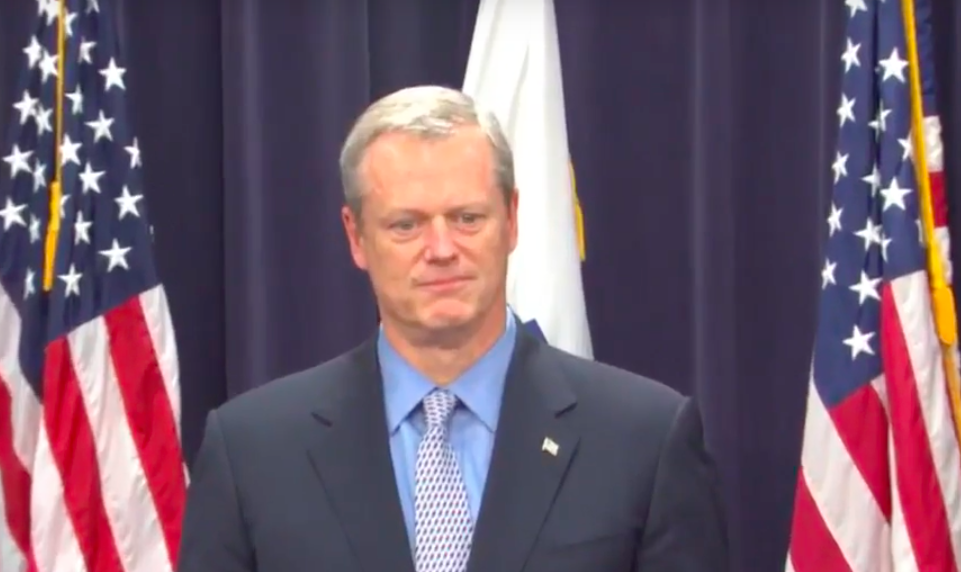
According to a new report, opioid overdose deaths in Massachusetts have dropped 10% in 2017 compared to 2016, but Governor Charlie Baker is still calling for more to be done to combat opioid addiction and increase access to treatment in the state.
“This new report shows some trend lines that are moving in the right direction as we work to fight the opioid and heroin epidemic in Massachusetts, but there are still too many people dying from overdoses,” Baker said in a statement released on Monday.
“Our administration will continue efforts to combat this public health epidemic that is devastating families in every corner of the Commonwealth, and looks forward to introducing new proposals in the near future and working with the Legislature to pass meaningful reform to strengthen our efforts from prevention to recovery,” Baker said.
During a press conference the following day, Baker outlined proposals to increase access to treatment, further restrict opioid prescribing and increase education surrounding opioids, according to WBUR, Boston’s public radio. The proposals include the formation of a commission to review treatment options in the state.
“One of the biggest problems we have right now is people get detoxed and then they’re kind of on their own for everything that happens after that,” Baker said. “We should be providing you with access to treatment that actually makes sense and will work for you.”
Baker, who previously worked as a health insurance executive, was passionate during his address, even pounding on the podium as he discussed the problems with addiction treatment.
“It’s not credentialed properly, it’s not certified properly, it’s not paid for, and we don’t collect data on it,” Baker said. “We would never accept that in cancer or heart disease or congestive heart failure or diabetes or other forms of chronic illness, yet we accept it here.”
Baker’s proposals would require all doctors in the state to switch to electronic prescriptions by 2020 and would form another commission to make recommendations about prescribing practices.
“More and more we’re learning that patients do not need large prescriptions and numerous refills to manage this pain,” Baker said. “In fact, they may not need opioids at all.”
The proposal would also release $2 million for opioid education among students in primary school through college.
“What I heard really is almost revolutionary, in terms of what it can do to bring addiction treatment into the mainstream of how medicine is practiced,” said Ray Tamasi, president of Gosnold, a treatment provider on Cape Cod.
Although Baker’s current proposals were well-received, he has been criticized in the past for using law enforcement and involuntary commitments to fight addiction.
